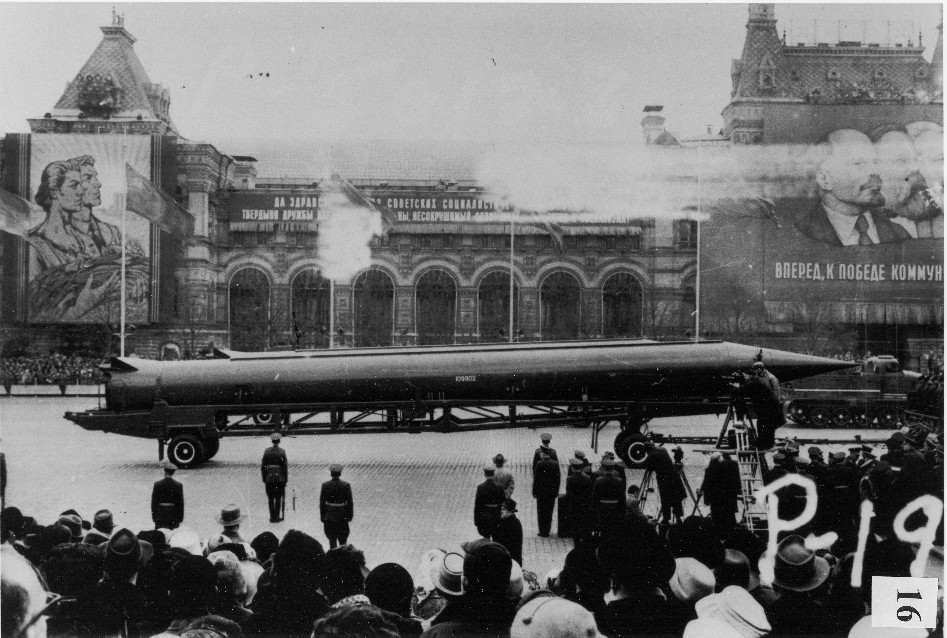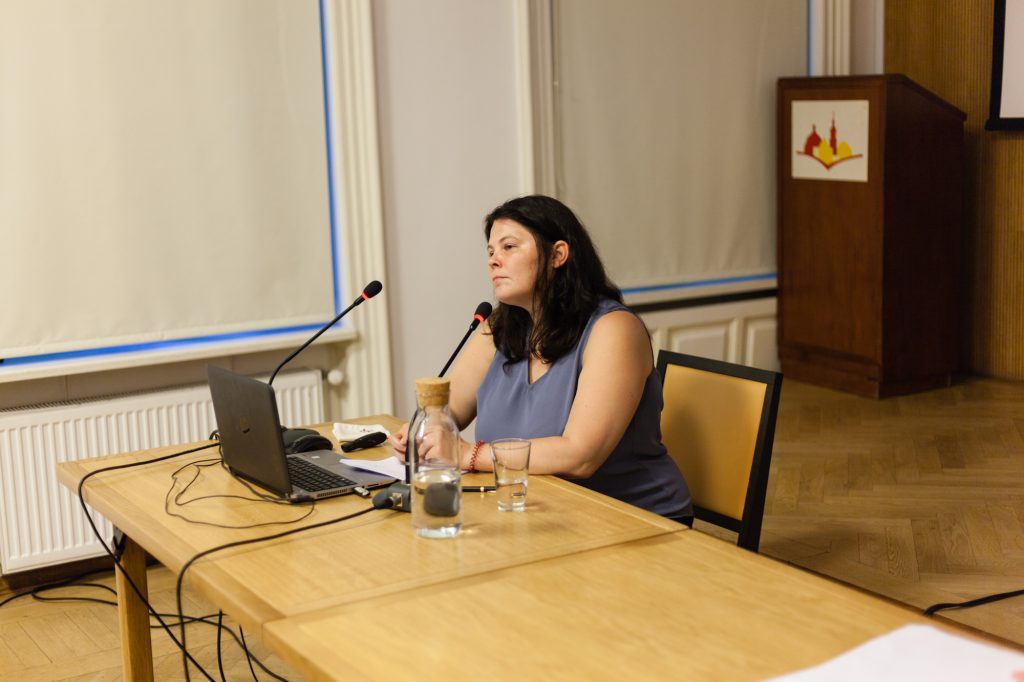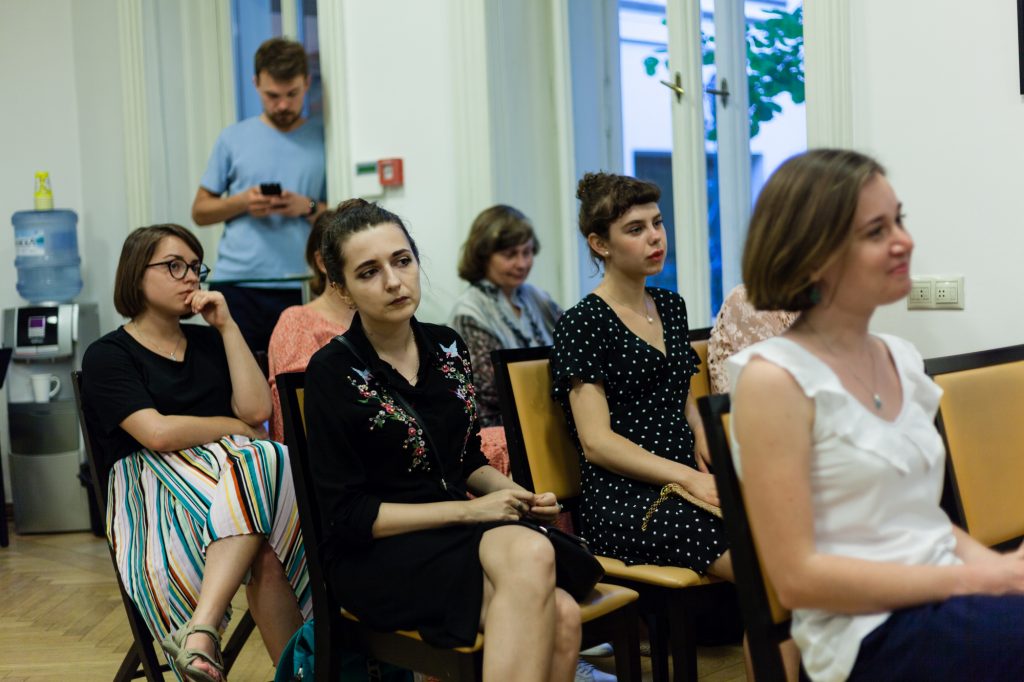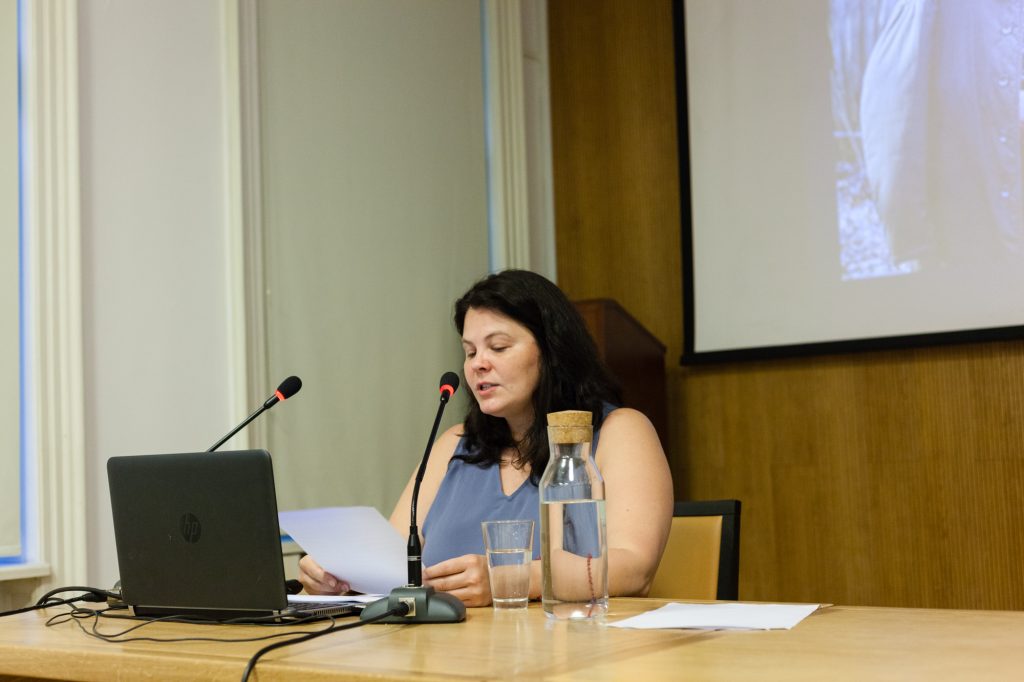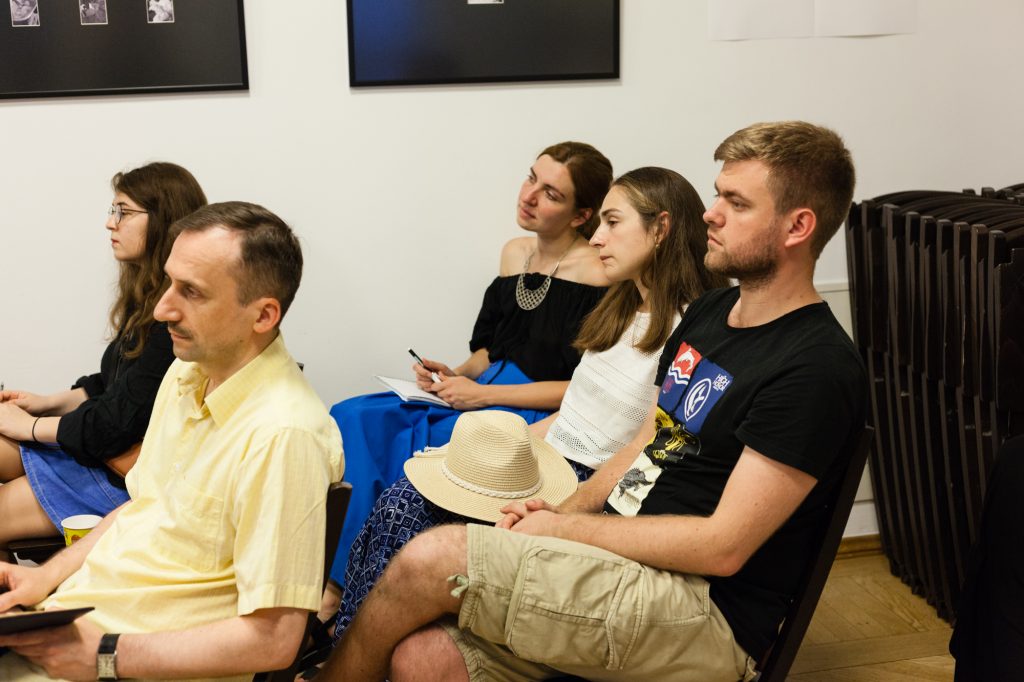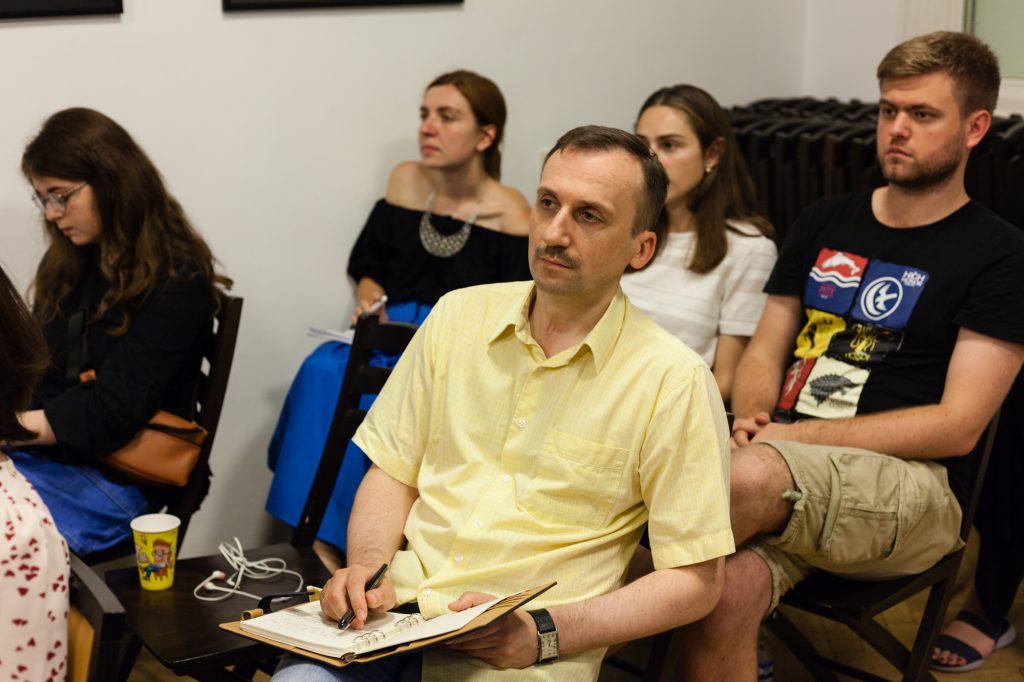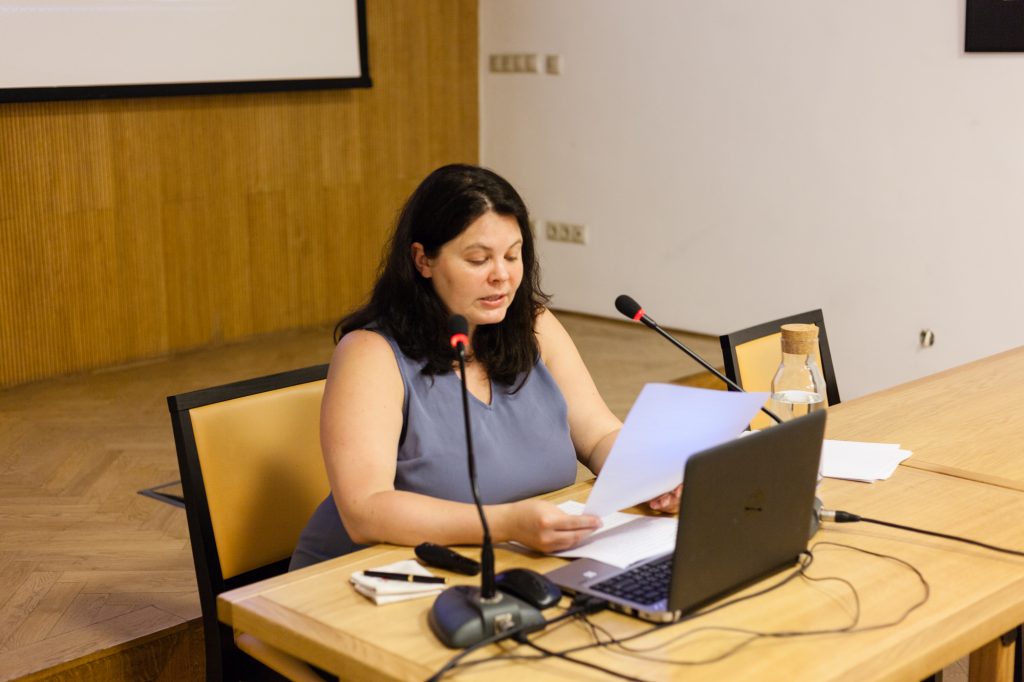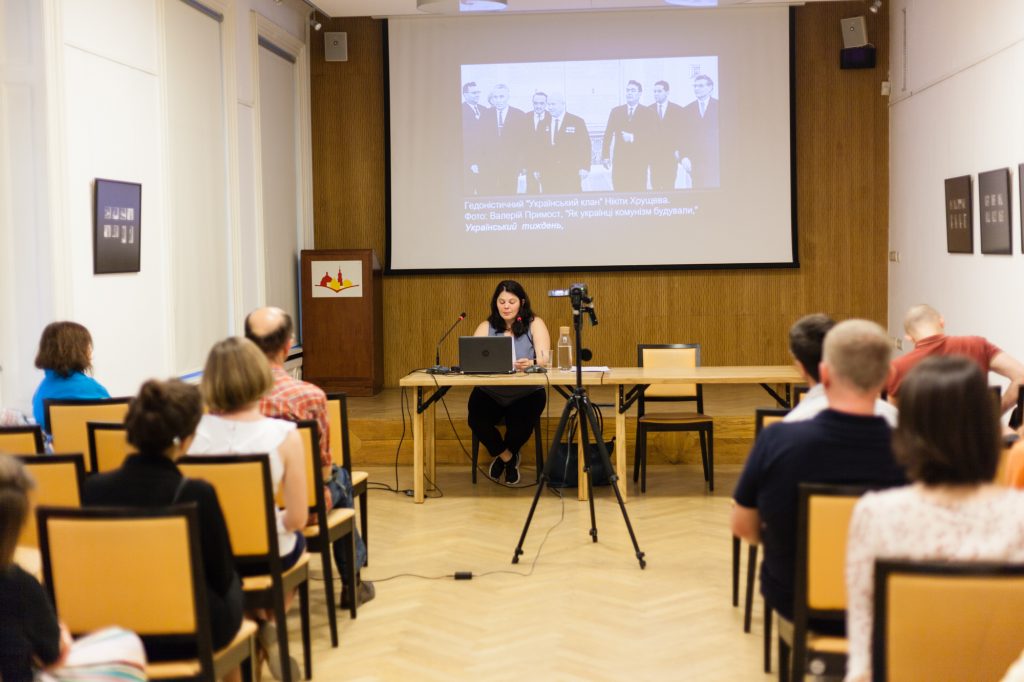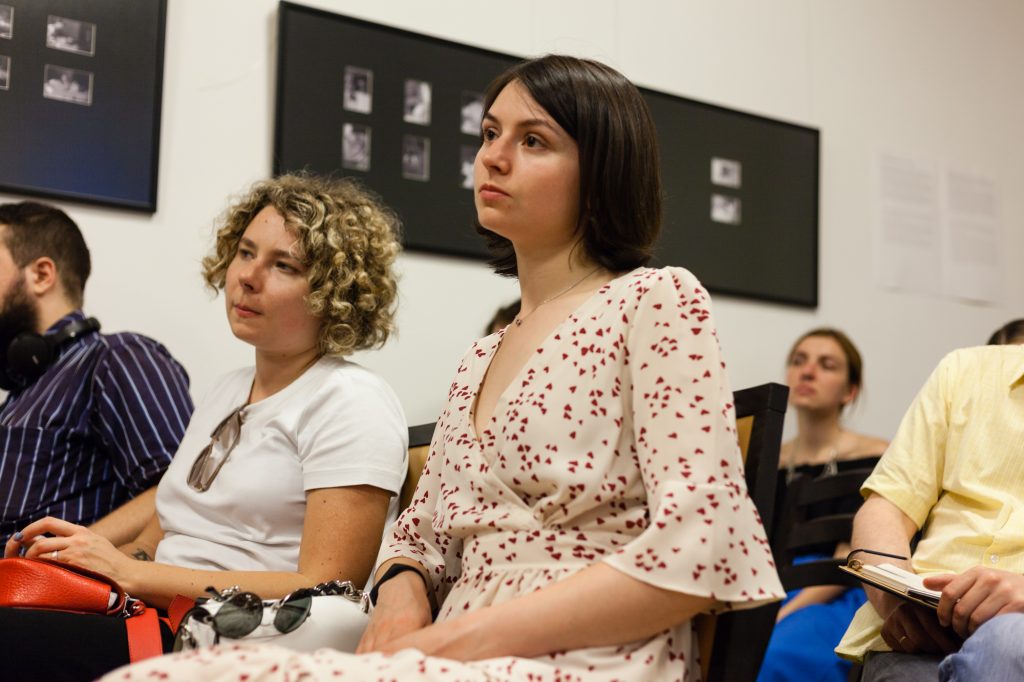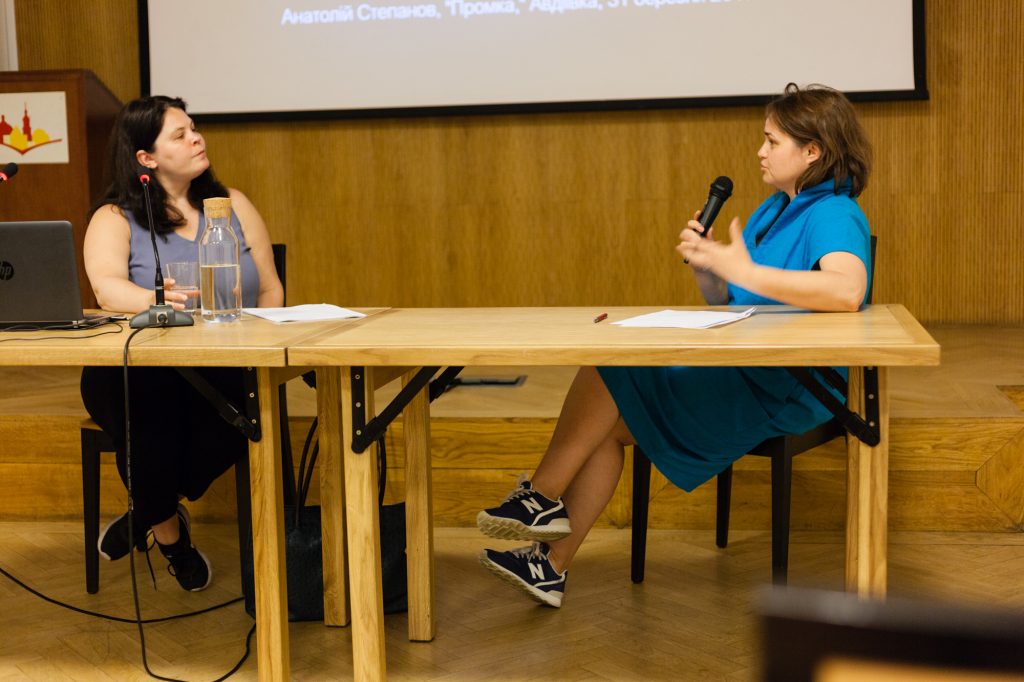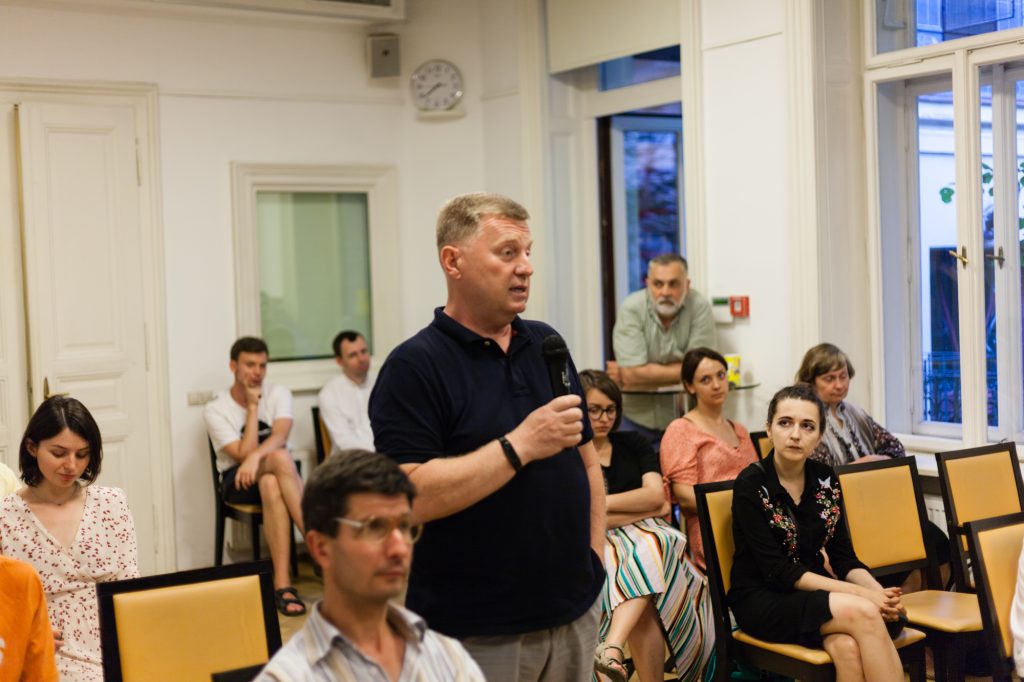When Ukraine Ruled Russia: Regionalism and Party Politics After Stalin
Dr. Orysia Kulick
University of TorontoJune 26, 2019 / 6.30 pm
Center for Urban History, Lviv
A popular anecdote summarized popular perceptions of who ruled the Soviet Union under Brezhnev. When asked how one might divide Russian history, the respondent answered into three epochs — do-petrovskii, petrovskii, and dnipropetrovskii. This anecdote was more than just a clever play on words; it was pointing to phenomenon that was puzzling even at that time — how figures from a province in southeastern Ukraine came to be so dominant in the Kremlin in the 1960s and 1970s. Explanations often turn to familiar tropes about patronage and personal networks, which were important to understanding how Imperial Russia and the Soviet Union were ruled. But there is more the story — in particular, the impact of expanding defense production and economic reforms on Soviet domestic politics.
The rise to prominence of Ukrainian regional elites is tied not only to patronage, but also regionalism and the politics of arms production in the Soviet Union. Especially important were changes to the built environment in the 1950s and 1960s, when cities like Dnipropetrovsk, Kyiv and even Lviv became involved in high priority military-industrial production. The vast network of enterprises, design bureaus, research institutes, and defense plants of the Cold War era are more than a cumbersome Soviet legacy for Ukraine. They provide a blueprint for crucial economic changes that fundamentally altered the political landscape of the Soviet Union.
The lecture will focus on three cities — Dnipropetrovsk, Kyiv and Lviv — and local officials in them, as they navigated the myriad (and often conflicting) reforms of the post-Stalin period. Key themes will include the evolition of regional elite networks after Stalin, the impact of the sovnarkhoz reforms and decentralization on local and republican politics, as well as the transformation of cities and regions involved in Soviet defense production.
The lecture will be conducted in Ukrainian.
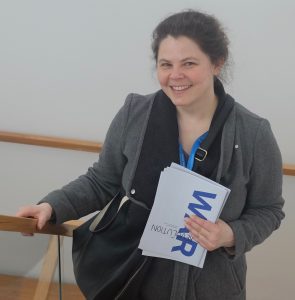
Dr. Orysia Kulick
is the Petro Jacyk Post-Doctoral Fellow at the University of Toronto. She is currently working on transforming her dissertation “When Ukraine Ruled Russia: Regionalism and Nomenklatura Politics after Stalin, 1944-1990” into a book-length monograph. She has also started a second project— a microhistory of Mittelbau-Dora that uses as its focal point a group of rank-and-file OUN members that ended up in the camp from both fronts. She received her PhD in history from Stanford University in 2017, after which she took a position as a post-doctoral fellow at Trinity College Dublin, where she conducted research for COURAGE, a Horizon2020 funded project that explored the cultural heritage of dissent in former socialist countries.
Credits
Image Gallery by Vitaliy Solopchuk
